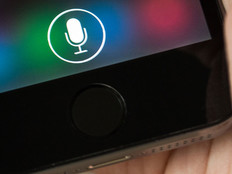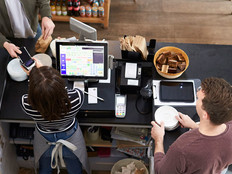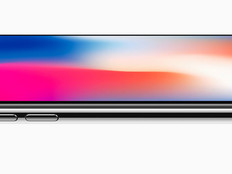OScan: A Smartphone-based Oral Cancer Screener
It's safe to say that there's almost nothing a smartphone can't do.
It can order pizza, remind you to pick up your dry cleaning — oh, and it can scan your mouth to detect oral cancer.
Medgadget reports on OScan, an attachment that uses fluorescent lighting to highlight any potentially cancerous lesions in the mouth. Developed by a team of Stanford students, professors and a Cupertino high school student, the smartphone-based scanner is built for low-cost and high-volume production.
Manu Prakash, an assistant bioengineering professor at Stanford University, got the idea for the medical device while on a trip in India, he explains in a report from the Stanford University School of Medicine.
The seeds of OScan were sewn when Prakash stopped by a rural clinic while on vacation in Sevagram, India. A medical student there showed him biopsy slides of oral cancer patients, and what he saw was shocking. Slide after slide showed the devastating effects this type of cancer has on the clinic's patients. Many had inoperable, malignant lesions on the tongue and cheek, with some patients being as young as 15. Although oral cancer has a high survival rate if caught early, two-thirds of the patients who walked into the clinic were too late for treatment.
OScan is an ultra-low-cost imaging tool for the oral cavity that attaches to any smartphone's camera, allowing untrained individuals to affordably screen for oral cancer.
“Sometimes I see a problem and it just sticks in my head. This was one of those moments for me,” said Prakash. “I just could not walk away from that chance meeting. I knew friends at high school who used to chew tobacco constantly. Nobody talked about the dire consequences.”
The OScan team won first and second place respectively in the mHealth Alliance Award and the Vodafone Americas Foundation Wireless Innovation Project. The prize money totaled $250,000 and is expected to be used to fund more field testing in India. Between virtual doctors and telemedicine, healthcare is ripe for a tech-volution.








